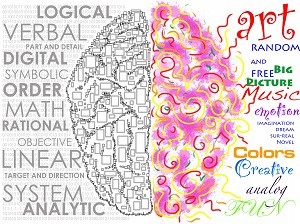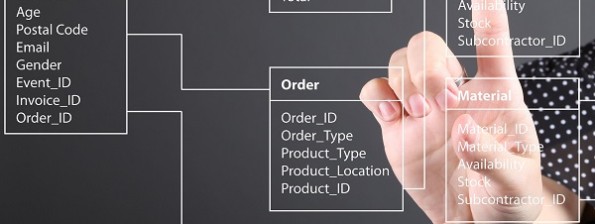Category Archives: Science
02 Jun Framing Formal Logic

Formal Logic Formal logic often uses set theory. Set theory uses existential (an assertion that something applies to some members of a set) and universal (a statement that applies to all members in a set) quantifiers. Despite the utility and noncommittal correctness of existential quantifiers, set operations using existential quantifiers are weaker then those using universal quantifiers. The […]
28 May Data and Modeling

Data modeling is essential in the early stages of any information system design. By moving toward a data-centered model, we can make our data, and our system, smarter. There are many data-modeling techniques, but we will focus on two for now: Entity Relationship Diagramming (ERD), and Object Role Modeling or object relational modeling (ORM). Entity […]
26 May AI Domains and Approaches

Grouping, Classifying and Categorizing How do you solve big technical problems? Rather than selecting or inventing an approach and then attempting to apply it to a problem to see how well it works, let’s analyze the problem and see if we can find or invent a solution that matches the problem space, and see if […]
21 May Modeling After a Fashion

Perennial Image Problems Artificial Intelligence has an image problem. Yes, there are cybernetic characters like R2D2, C3P0 and Commander Data whom we love, but some products built using AI techniques have the dubious reputation of being useful but not entirely dependable. Think of songs sung about Sirius Cybernetics Teleporter products (see lyrics below). It is possible that […]
20 May Cybernetic Modeling for Smarty-Pants

Introduction Model railroads come in several scales: O, HO and N gauge enable hobbyists to model real-world objects in miniature using successively smaller standards. In N gauge it is possible to build an entire city in the basement. A good model photographed with still or motion pictures may be so realistic that viewers believe they are looking […]
19 May Deixis and Context

Deixis, is a common type of ambiguity that is mediated at the level of context. When deixis occurs in written language, you can normally resolve questions about the identity of the person(s) referenced in the ‘he’, ‘she’ or ‘they’ pronoun. In speaking, you sometimes have to ask the person who said it. 3-DG places context in […]
16 May Discourse Pragmatics

Pragmatics Context data is critical for disambiguation of words that have many possible meanings. These meanings are almost always mediated by context, therefore understanding context must precede disambiguation. For instance, when standing in a ring appears in the context of a boxing match, ring refers to a physical object with corners. The same phrase, in […]
15 May Analyzing Semantics

Semantics The stratum of semantics is usually associated with meaning. Throughout the 1980s, when I was in college, semantics was viewed as more and more important in text-understanding systems. One aspect of semantics that has received a great deal of attention is thematic or case roles, which can be very useful in defining the roles of words or […]






